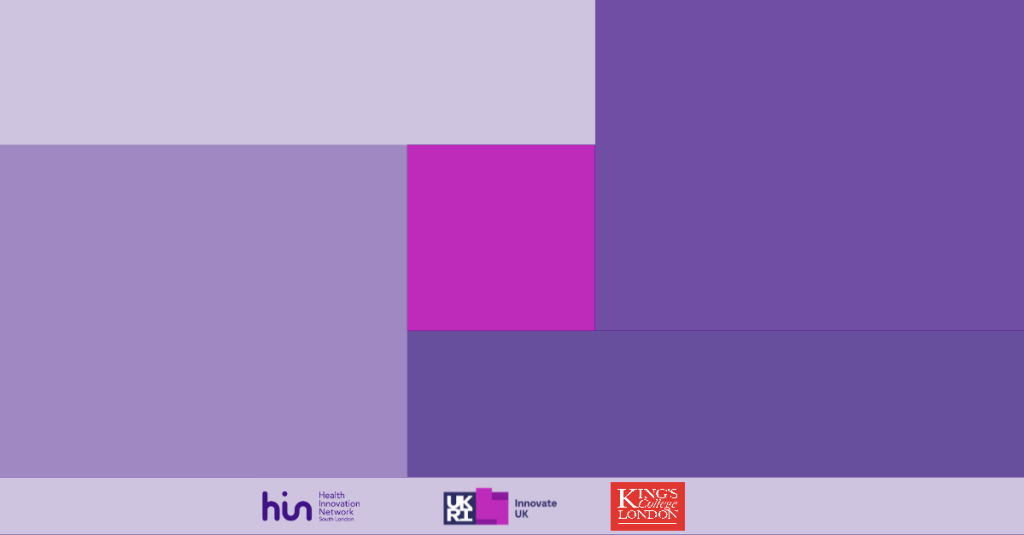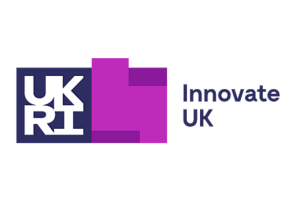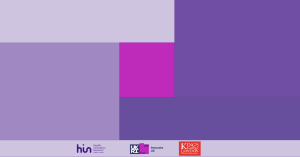Mindset XR Module 16: Ethics

• Medical regulation
• Clinical evidence
• Lived experience involvement
Outline
What is "ethics"?
Understanding what is often referred to as "ethics" in scientific research.
When do you need NHS ethical approval?
Identify if your research requires NHS ethical approval using the guidance and tools provided.
- NHS Research Ethics Committee (REC) ethical approval process
- Non-NHS ethical approval process
- General advice for ethics applications
Welcome to Module 16: Ethics. This module is about applying for ethical approval to conduct research with humans.
In this section, we're focusing on:
What is "ethics"?
- All studies with human participants require approval from a Research Ethics Committee (REC) – either NHS or the University of the Lead Researcher (if this applies).
There are different frameworks depending on the type of study, the people involved, and the data collected.
In general, they are all aiming to assess the study against the following criteria:
- Participants are recruited without coercion
- Participants give informed consent to participate in research
- Research procedures are proportionate and place as little burden on participants as possible
- All data collected is stored in accordance with GDPR legislation
When do you need NHS ethical approval?
- NHS Ethical approval can be a longer process with additional paperwork – bear this in mind when considering the timeline and resources available for your study.
- Recruitment of participants through the NHS or prisons – including advertising in NHS settings; referrals from NHS clinicians; and screening NHS caseloads
- Using any NHS premises or resources (including staff)
- Recruiting NHS staff through their workplace or role (e.g. advertising though professional bodies or work emails) or expecting them to take part
- Only advertise online, via social media and other platforms, for people with a diagnosis of a condition
- Advertise to people in the NHS through external means like social media as mentioned above
- Take place outside of NHS working hours for NHS staff participants
NHS Research and Ethics Committee (REC) ethical approval process
- The entire process detailed below can take between four to six months.
1. Identify and contact local research office – University or NHS
The lead researcher should get in contact with the research and development (R&D) office at their affiliated institution. Let them know you’re planning the research, and they will provide a process for you to follow.
Complete the Integrated Research Application System (IRAS) form
You must have a very clear idea of what all the procedure for the study will be as it is a very comprehensive form. Integrated Research Application System (IRAS) form link
Apply to local research office for sponsorship
This step will have been outlined in the process provided by your local research office. It is a standardised formal process that involves submitting all study documents.
Confirm sponsorship
Sponsorship is a confirmation from your local R&D office that they have read through all the materials around the study and process, and they are keen to support it to go ahead. Every NHS REC needs sponsorship.
Book REC meeting and submit IRAS form
It is part of a national system with a range of locations available. While the meeting will take place online and you are free to select any location, it is advised to choose one locally. There might be certain things that apply locally which the corresponding Ethics Committee will have more understanding of, making the process more efficient if you work with them to begin with.
Attend REC meeting (online) and address queries
You will be addressing a large and diverse panel. When answering questions, it is helpful to bear in mind that the panel is made up of members of the public that come from a range of professions and backgrounds.
Respond to formal written feedback and make necessary changes
Written feedback is provided within two weeks. Once the changes have been made by you, a member of the panel will review them. Then, you must await confirmation of REC approval.
REC approval is given
This automatically conveys HRA & HRCW approval.
Non-NHS Research and Ethics Committee (REC) ethical approval process
- Sponsorship is not required for non-NHS REC review.
- Study documents do need to be prepared to submit for approval.
- It is geared up for time-limited student projects so it will usually take under eight weeks from submission for approval to receiving approval.
- It is common to receive some feedback and requested changes once the REC has reviewed the application. However, the researcher is usually not invited to the review meeting.
General advice for ethics applications
- Use lay language. Avoid jargon, acronyms and abbreviations.
- Refer to templates and examples for study documents provided by the local research office.
- Seek lived experience input into all participant facing documents and procedures in the study. Make their recommendations very visible so the ethics committee can see what has been reviewed by people with lived experience.
- Module 11 has more information on lived experience experts, and their role in research.
- Try to make everything transparent to the participants in the study. It is not possible to include deception unless strong justification is provided.
- Only collect or view identifiable information after the person has given their consent. It is difficult to justify accessing electronic records or similar before the person has consented to this (not impossible, but again requires very strong justification).
- All documents must be version controlled.



